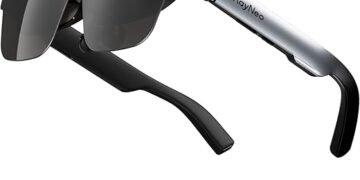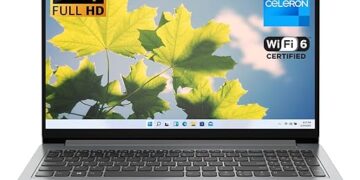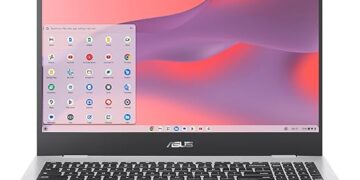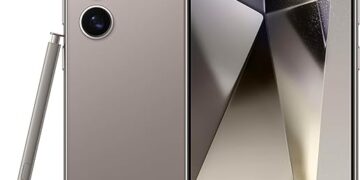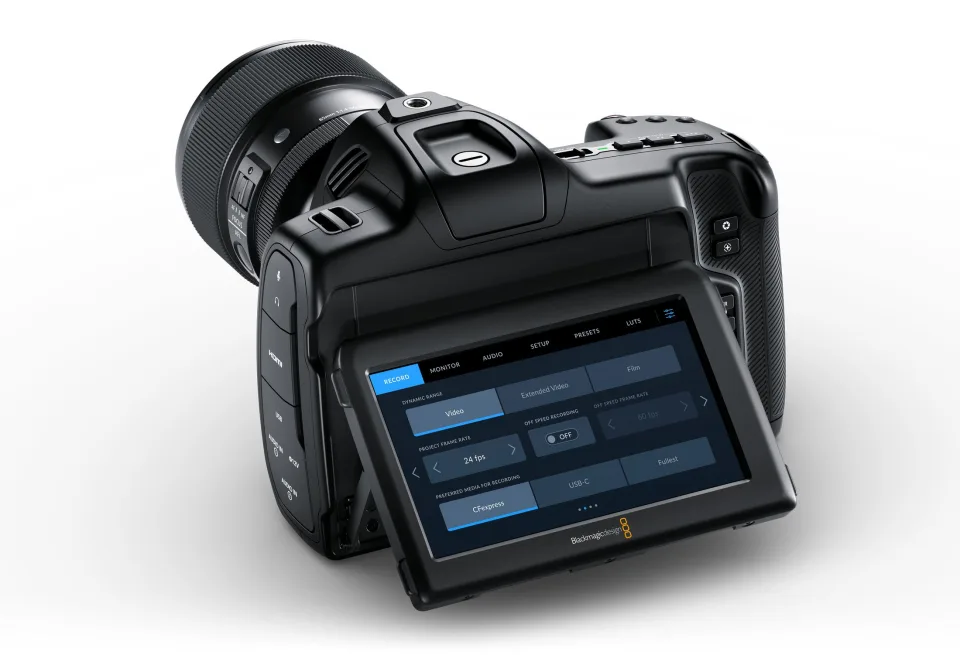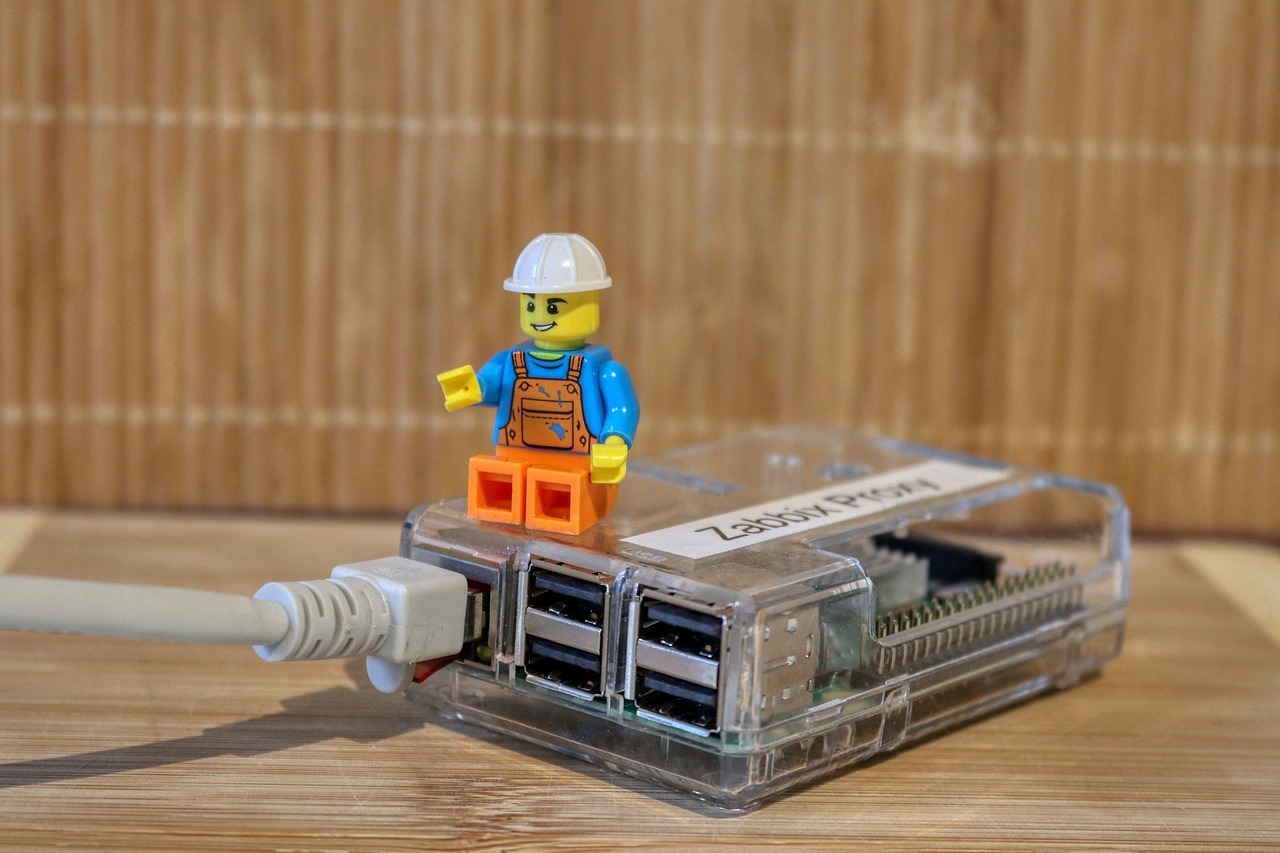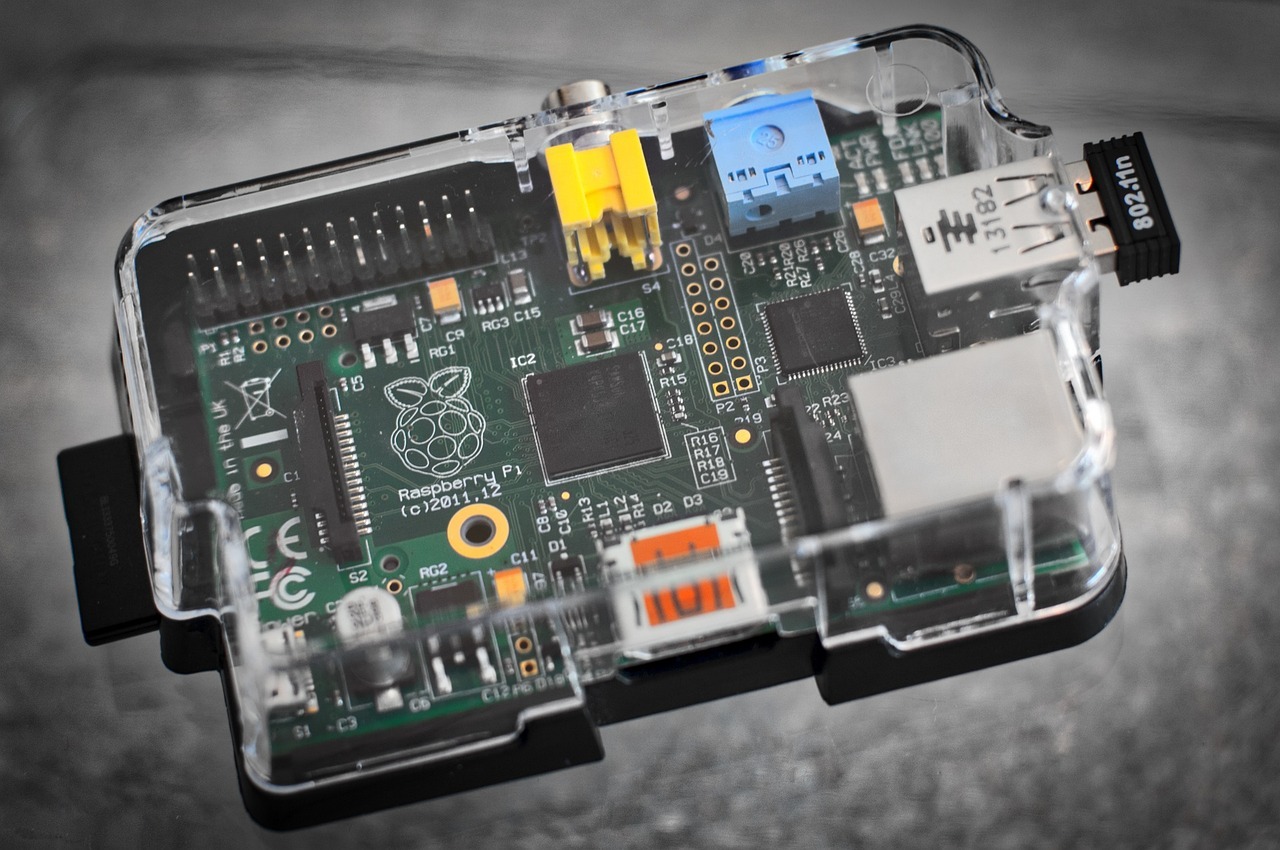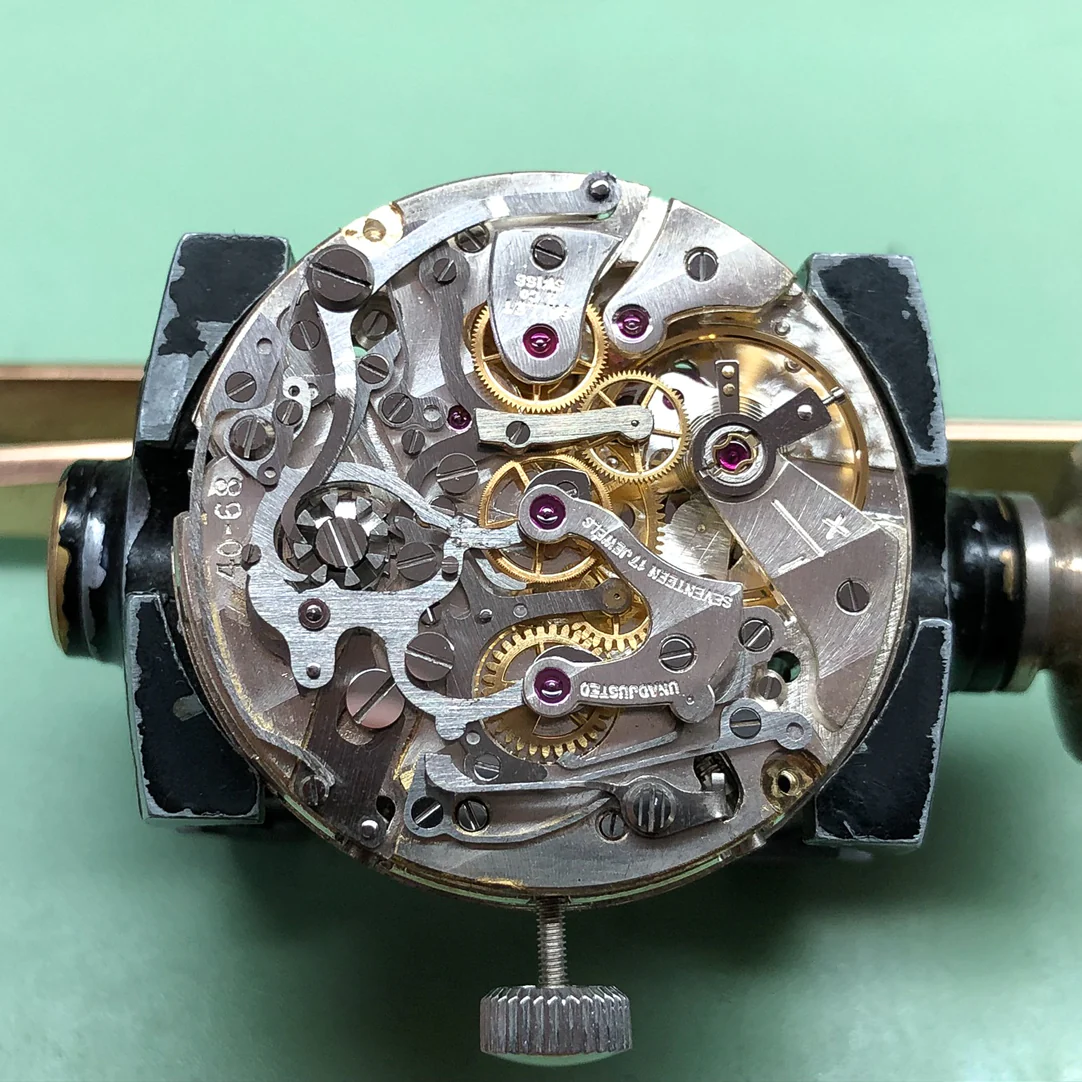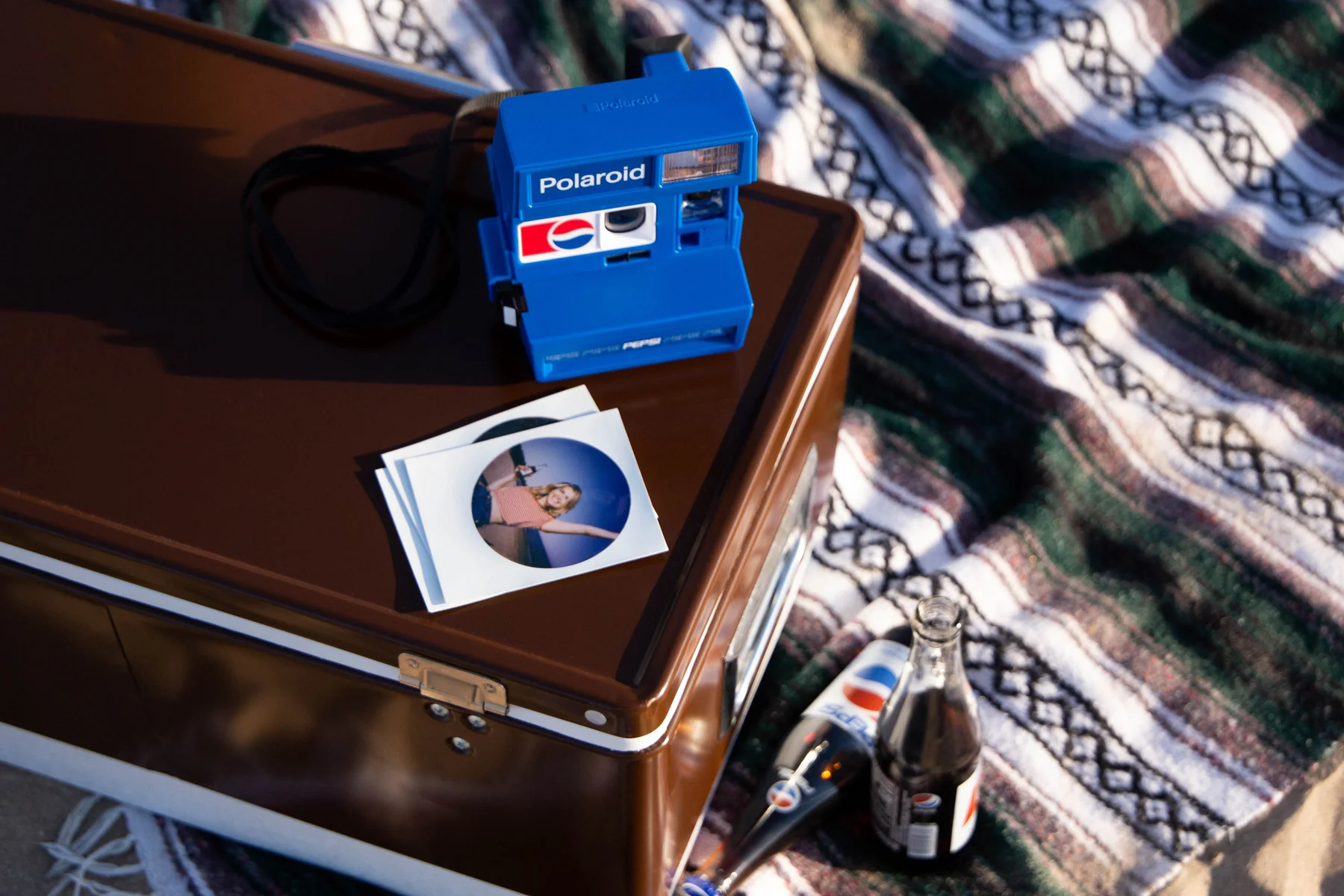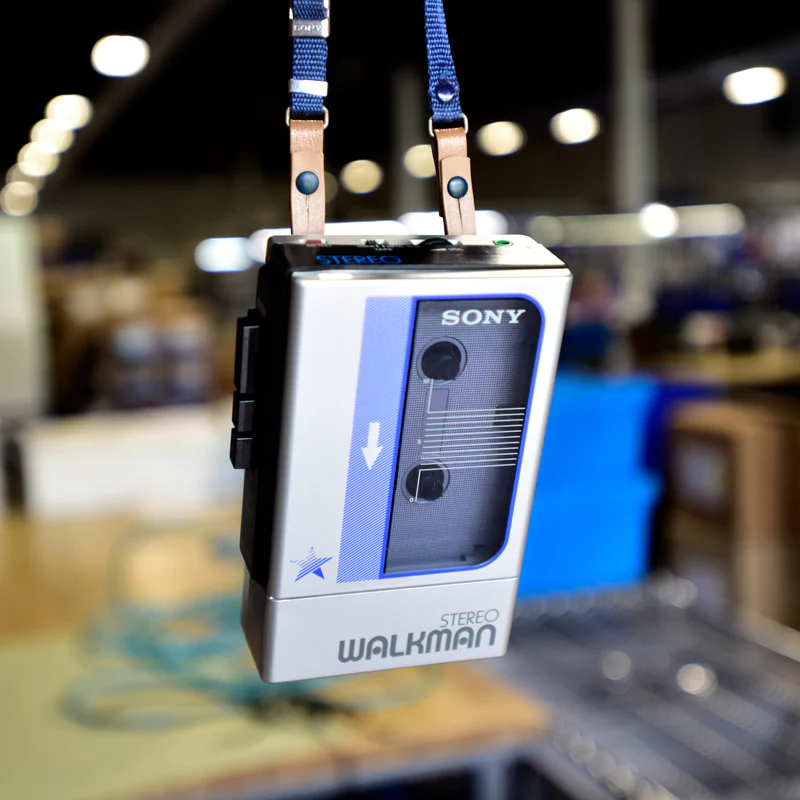Discover why SSDs are now the go-to choice for NAS systems. Enjoy faster performance, quieter operations, and lower power consumption. Find the best SSD options and factors to consider before making your decision. Maximize your NAS performance and storage capacity today!
SSDs, or solid-state drives, have become the new preferred choice for NAS systems due to their faster and quieter performance compared to traditional hard drives. In 2023, the top overall SSD for NAS is the Western Digital WD Red SA500, offering speeds up to 560 MB/s and capacities up to 4TB. If you’re looking for a runner-up, the Seagate IronWolf 125 is a reliable option, with transfer speeds and endurance up to 5,600 TBW. For those on a budget, the Western Digital Blue SA510 provides capacities up to 4TB at a lower price-per-GB. If caching is your priority, the Western Digital Red SN700 and Seagate IronWolf 525 offer high speeds of up to 3,430 MB/s and 5,000MB/s respectively. Don’t forget to consider your specific needs and use case before making a decision.
Why SSDs are the new go-to for NAS systems
When it comes to choosing storage options for your NAS (Network Attached Storage) system, solid-state drives (SSDs) have become the new go-to. With their faster and quieter performance compared to traditional hard drives, SSDs offer a range of advantages that make them an excellent choice for NAS systems. In this article, we’ll explore the best SSD options for NAS systems in 2023, as well as the factors to consider when choosing the right SSD for your NAS.
Best overall SSD for NAS: Western Digital WD Red SA500
The Western Digital WD Red SA500 stands out as the best overall SSD for NAS systems. With speeds of up to 560 MB/s, this SSD provides excellent performance for data transfers. Additionally, it offers capacities of up to 4TB, ensuring you have ample space to store your files. Whether you’re using your NAS for personal or professional purposes, the WD Red SA500 is a reliable and high-performing option.
Runner-up: Seagate IronWolf 125
If you’re looking for a reliable SSD for your NAS, the Seagate IronWolf 125 is a worthy runner-up. This SSD offers impressive transfer speeds and endurance of up to 5,600 TBW (Terabytes Written). With capacities of up to 4TB, it provides plenty of space for your storage needs. The IronWolf 125 is designed to handle the demands of NAS systems, making it a solid choice for those looking for performance and durability.
Best budget SSD for NAS: Western Digital Blue SA510
For those on a budget, the Western Digital Blue SA510 is the best SSD option for NAS systems. With capacities of up to 4TB, it offers ample storage space at a lower price-per-GB compared to other SSDs. Despite its budget-friendly nature, the Blue SA510 doesn’t compromise on performance, making it a cost-effective choice for NAS owners.
Best SSD for caching in NAS: Western Digital Red SN700
If you’re looking to enhance your NAS system’s performance with caching, the Western Digital Red SN700 is the best SSD choice. As an M.2 NVMe SSD, it offers lightning-fast speeds of up to 3,430 MB/s, ensuring quick data access and transfer. Use the Red SN700 as a caching SSD in your NAS to optimize performance and improve overall responsiveness.
Best SSD for Synology NAS: Synology SAT5210
For Synology NAS users, the Synology SAT5210 is the best SSD option. With capacities of up to 7TB, it provides ample space for your storage needs. Furthermore, it integrates seamlessly with Synology’s DiskStation Manager (DSM), offering enhanced functionality and compatibility. If you’re a Synology NAS user and prioritize integration, the SAT5210 is the ideal SSD choice.
Super-fast caching SSD for NAS: Seagate IronWolf 525
If you’re looking for a super-fast caching SSD for your NAS, the Seagate IronWolf 525 is the perfect choice. Supporting the PCIe 4.0 standard, it offers blazing speeds of up to 5,000MB/s. This SSD is designed to optimize performance and deliver lightning-fast data access, making it an excellent option for those who demand the highest levels of speed and responsiveness.
Factors to consider when choosing an SSD for NAS
When choosing an SSD for your NAS, there are several factors to consider:
Intended usage
Consider how you plan to use your NAS. Are you using it for personal media storage, a home office, or even a small business? Understanding your usage requirements will help you determine the appropriate SSD capacity and performance needed.
Capacity needs
Consider how much storage space you need for your NAS. SSDs come in various capacities, so ensure you choose one that matches your storage requirements. It’s important to have enough room for both immediate and future data storage needs.
Reliability
Reliability is crucial when it comes to NAS systems. Look for SSDs with high endurance ratings and robust construction to ensure durability and long-term reliability. Consider the endurance rating, TBW (Terabytes Written), and manufacturer warranties to gauge the reliability of the SSD.
Price
While SSDs have become more affordable in recent years, price is still a factor to consider. Determine your budget and find an SSD that offers the best performance and capacity for your available funds. Consider the price-per-GB ratio to ensure you’re getting the best value for your money.
Advantages of SSDs for NAS systems
There are several advantages to using SSDs in NAS systems:
Faster performance
Perhaps the most significant advantage of SSDs over traditional hard drives is their faster performance. SSDs offer quicker data access, faster file transfers, and reduced latency. This translates to improved overall system responsiveness and faster access to your files, enhancing the user experience.
Quieter operation
SSDs have no moving parts, unlike traditional hard drives that rely on spinning disks and mechanical components. This lack of moving parts results in quieter operation, making SSDs well-suited for environments where noise is a concern, such as home offices or living spaces.
Lower power consumption
Compared to traditional hard drives, SSDs consume less power. This reduced power consumption not only leads to lower electricity bills but also means less heat generated within your NAS system. Lower power consumption also contributes to longer battery life for any devices connected to your NAS, such as laptops or smartphones.
Improved durability
With no moving parts, SSDs are more resistant to shock, vibration, and physical damage compared to traditional hard drives. This durability makes SSDs a reliable choice for NAS systems, as they can better withstand the rigors of everyday use, transportation, and potential accidents.
Conclusion
As NAS systems continue to grow in popularity, the choice of storage becomes increasingly important. SSDs offer faster performance, quieter operation, lower power consumption, and improved durability compared to traditional hard drives. When selecting an SSD for your NAS, consider factors such as intended usage, capacity needs, reliability, and price. The Western Digital WD Red SA500, Seagate IronWolf 125, and Western Digital Blue SA510 are excellent options for different budget ranges. Additionally, the Western Digital Red SN700, Synology SAT5210, and Seagate IronWolf 525 cater to specific needs such as caching and integration with Synology NAS systems. By choosing the right SSD for your NAS, you can maximize performance, storage capacity, and overall satisfaction with your storage solution.


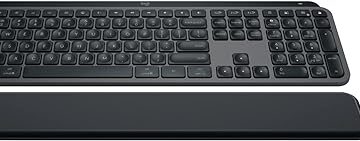






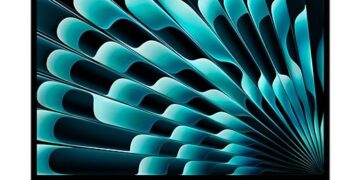
![Apple Watch SE (2nd Gen) [GPS 40mm] Smartwatch with Starlight Aluminum Case with Starlight Sport Band S/M. Fitness & Sleep Tracker, Crash Detection, Heart Rate Monitor](https://www.tech-bit.com/wp-content/uploads/2024/06/applewatchse2ndgengps40mmsmartwatchwithstarlightaluminumcase-360x180.jpg)



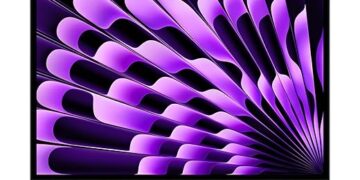



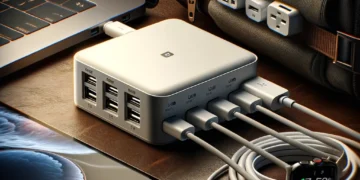





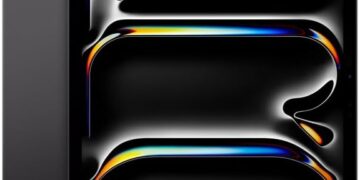


![Apple Watch Series 9 [GPS 45mm] Smartwatch with Midnight Aluminum Case with Midnight Sport Band S/M. Fitness Tracker, ECG Apps, Always-On Retina Display, Water Resistant](https://www.tech-bit.com/wp-content/uploads/2024/06/applewatchseries9gps45mmsmartwatchwithmidnightaluminumcasewith-360x180.jpg)

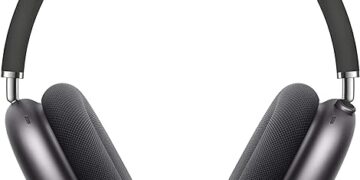

![Apple Watch Ultra 2 [GPS + Cellular 49mm] Smartwatch, Sport Watch with Rugged Black Titanium Case with Black Ocean Band. Fitness Tracker, Precision GPS, Action Button, Extra-Long Battery Life](https://www.tech-bit.com/wp-content/uploads/2024/10/applewatchultra2gpscellular49mmsmartwatchsportwatchwithrugged-360x180.jpg)

